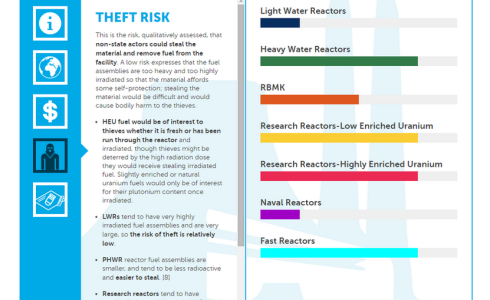
A new tutorial uses interactive tools to help researchers understand why nuclear materials are unique and how they can be used to generate power—and peril.
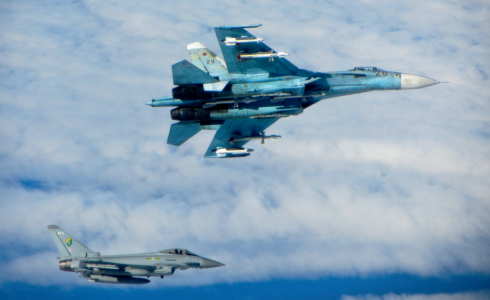
Some NATO members are pushing for a stronger conventional deterrent against Russia, while acknowledging recent measures are steps in the right direction.
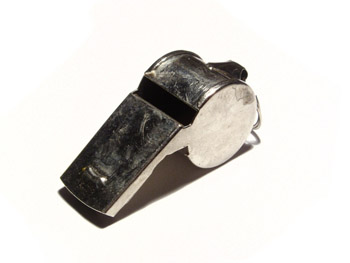
Mordechai Vanunu’s first TV interview in Hebrew revealed the intensity of Israeli vindictiveness.
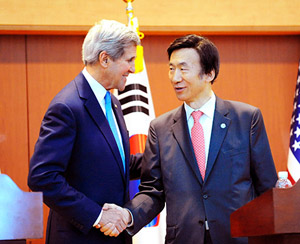
The US-South Korea nuclear cooperation agreement has implications for future nonproliferation efforts.
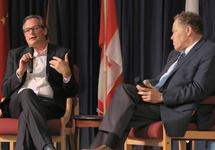
CNS and MIIS hosted a conversation with Congressman Sam Farr on the Iran nuclear deal on Monday, August 31.
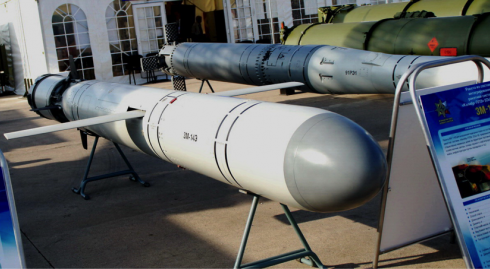
A new round of Russian cruise missile tests are stirring up yet another source of contention between the United States and Russia.

Japan is uniquely positioned to build bridges in nuclear disarmament and nonproliferation. But will it have the courage to lead?
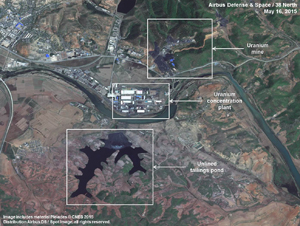
Closer scrutiny of North Korea’s uranium resources may help arrive at more accurate estimates of their nuclear weapon stockpile and capability.

The 70th anniversary of the Hiroshima bombing is a big moment to take stock of where we are, how we’ve gotten here, and where we’re headed.
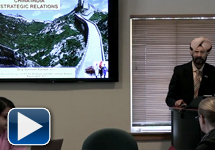
Video lecture by Brigadier Gurmeet Kanwal (Retd), Adjunct Fellow, Centre for Strategic and International Studies (CSIS)